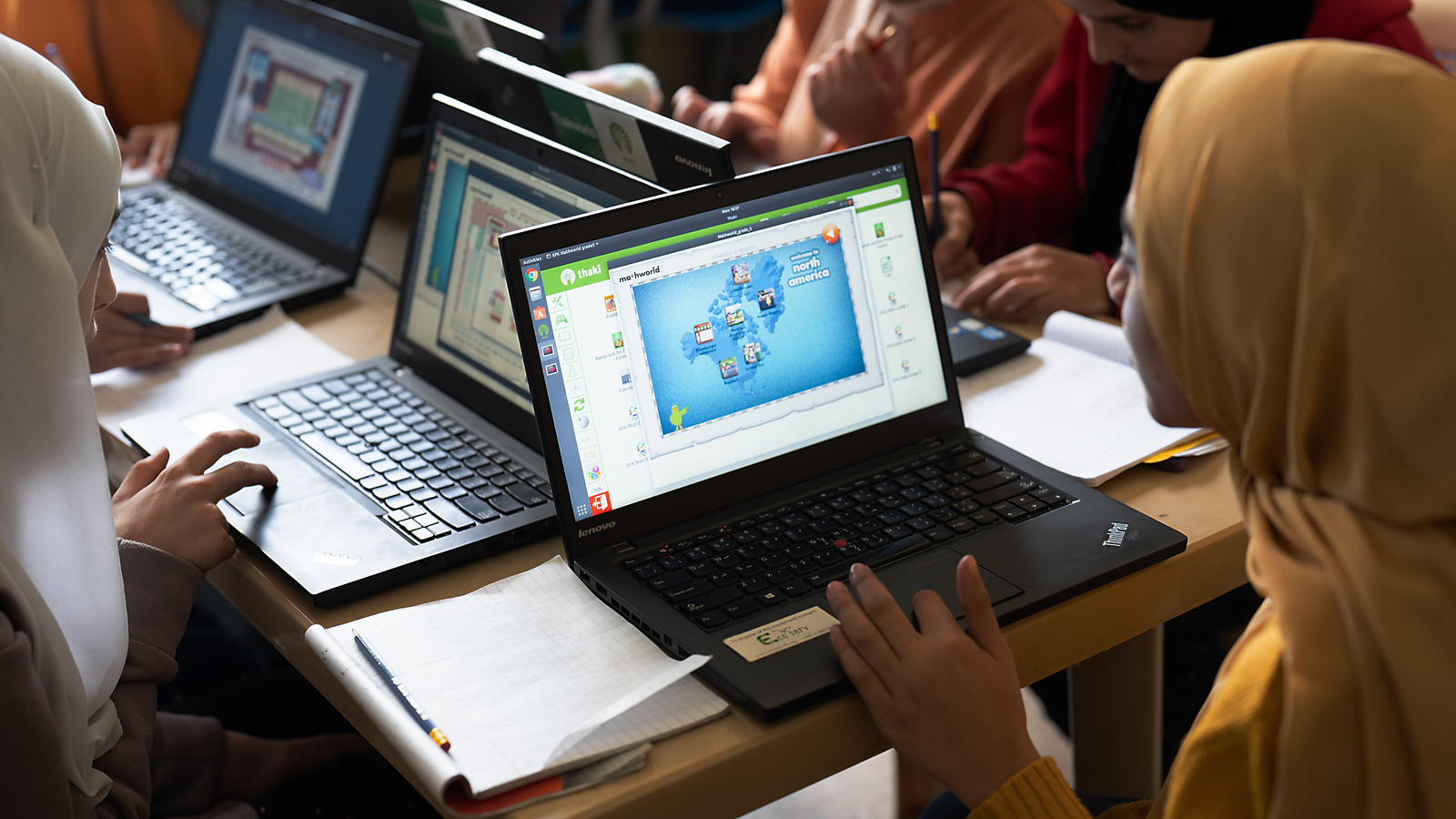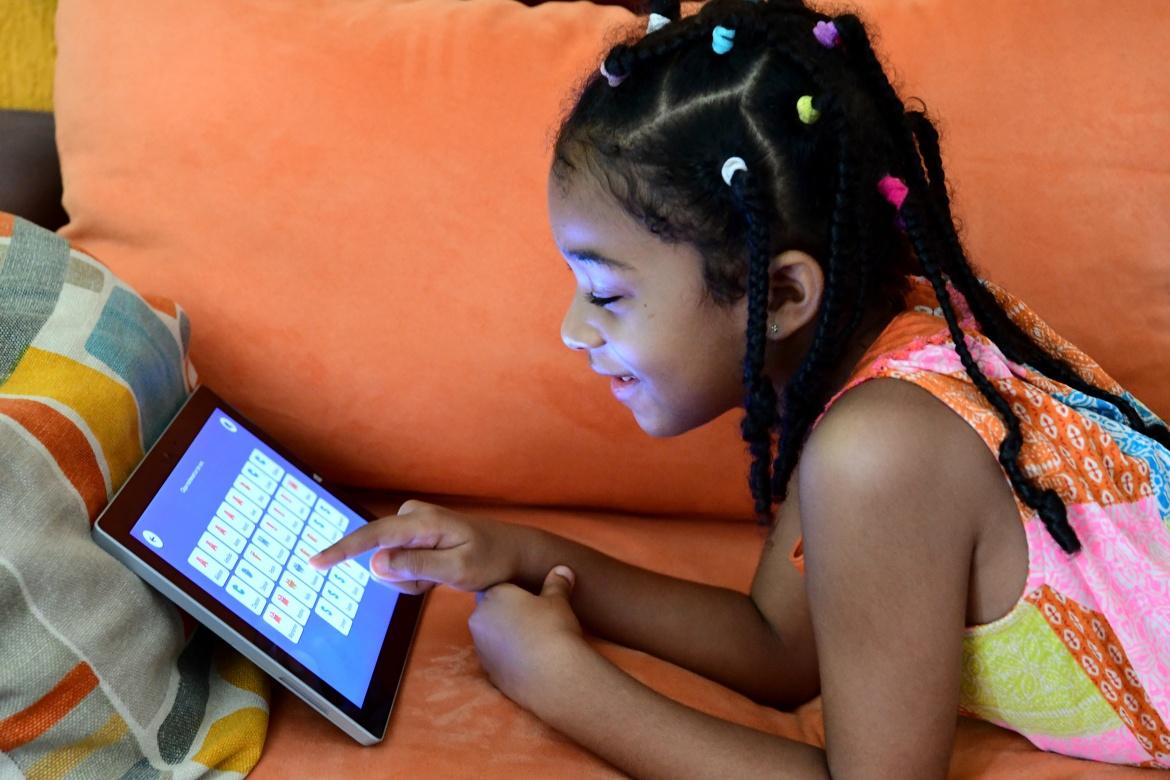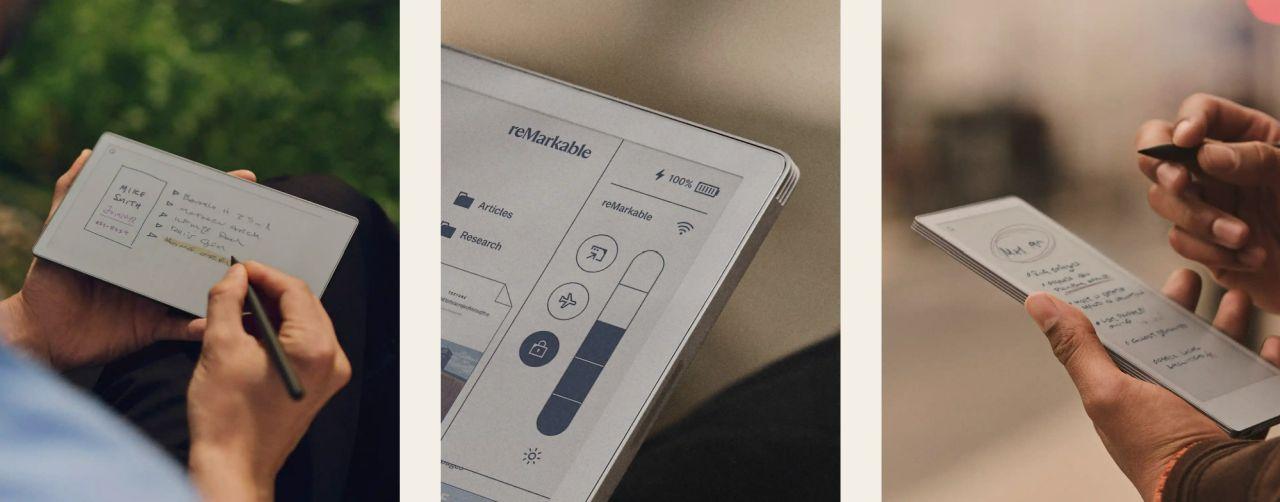
5 Ways Social Innovators are Enhancing Early Childhood Development
In March, MIT Solve asked the world a question: how can all children under five develop the critical learning and cognitive skills they need to reach their full potential? In response, we received 234 solutions from 52 countries around the globe.
More than half of the submissions came from the Global South, with 18 percent of total submissions from Sub-Saharan Africa. Of the solutions submitted, 31 percent identified as nonprofit organizations and 47 percent were for-profit entities.
After a thorough and intensive review process, this year’s judges have selected 15 finalists who will pitch their solutions at Solve Challenge Finals on September 22 in New York City and will have a chance to secure more than $1.6 million in available prize funding.
You can vote for your favorite finalists now—the solution with the most votes from the Early Childhood Development Challenge will win $2,500 in funding through the Community Award.
After reviewing the full pool of submissions, our team has identified five distinct ways social innovators are addressing early childhood development in their communities:
1. Parent and Caregiver Assistance
The most common type of solutions we received, at 64 percent of submissions, were platforms to assist parents and caregivers. The majority of these solutions aimed to provide parents and caregivers with knowledge or resources on topics such as health and nutrition, socio-emotional development, and peer-to-peer learning networks.
One such solution provides a voice-based training curriculum and peer-led coaching for illiterate mothers of newborns in India.
2. Access to Quality Care and Education
44 percent of submissions aimed to ensure all children, regardless of economic and social background, have access to quality care and education. Among these solutions, we saw a particular focus on helping marginalized and vulnerable children and families.
One solution from Kenya provides a franchise-based business manual for low-income families living in slums to lead their own daycare centers.
3. AI for Cognitive Development
44 percent of solutions focused specifically on cognitive development in the early years of life. These solutions included a wide array of platforms for children to practice deductive reasoning, strengthen their emotional competencies, and build cognitive skills through audio, visual, and kinesthetic learning.
Notably, over half of the cognitive development-focused submissions deployed artificial intelligence in their solutions. One solution used machine learning to create a platform for evaluating cognitive abilities in rural pre-school children through a tablet-based, gamified neuropsychological assessment tool.
4. Language and Literacy
We saw a prevalence of submissions targeting early literacy and language development. From mobile app-based games to natural language processing, these solutions are using existing and advanced technology to improve children’s language comprehension.
One solution from the United Arab Emirates works with refugee learners through a multilingual digital storytelling platform with audio and e-books in 20 foreign languages.
5. Learning through Play
Play-based social and emotional learning solutions were also a common trend. Some solutions used media and entertainment to spark creativity through play, while others proposed mobile app-based content to encourage children to learn to play together.
One solution in the United Kingdom uses a smartphone app with a comprehensive list of thousands of local activities that promote learning through play, social interaction, and engagement.
Want to learn more about the solutions that made it to the finalist round? Visit the Early Childhood Development Challenge page, and don’t forget to vote for your favorite finalist teams by Friday, September 20 at 5pm ET!
Learning Community intern Adi Insley contributed to this article.
Tags:
- Learning
Related articles
-
“Education is the one thing you can take with you.” A Q&A with Rudayna Abdo, Founder and CEO, Thaki

-
A LEAP in evidence-based innovation for education
How to address the need for evidence-based innovation in education by empowering researchers, social entrepreneurs and education organizations to work together.
-
Powered by Purpose: E Ink’s ePaper Technology Takes Aim at the World’s Toughest Problems
Because it draws power only when an image changes—and none at all while static—ePaper reduces energy consumption by orders of magnitude. That single breakthrough unlocks net-zero transit signs, off-grid medical notebooks, and other applications that traditional screens simply can’t power sustainably.